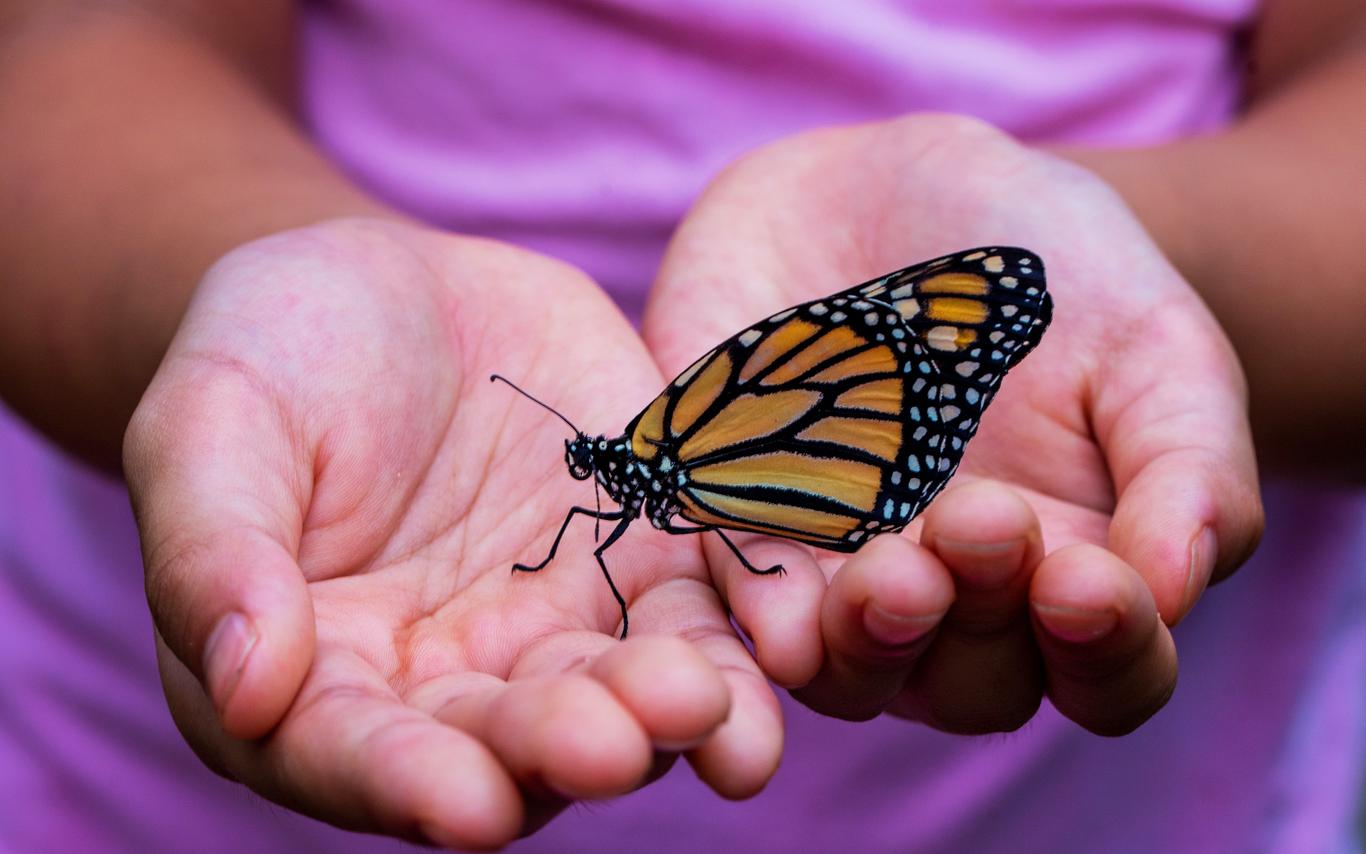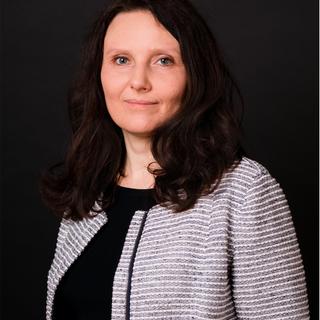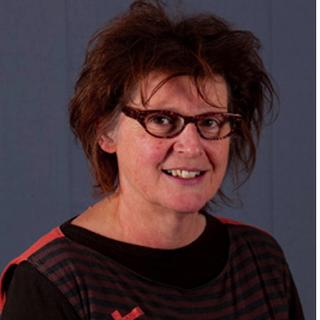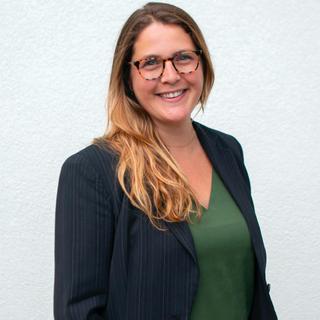Finding Hope? Researching Children’s Literature and Culture in 2022
Hope for a better future – for us, for contemporary children, and for the generations to come – is the bloodstream of children’s literature and culture scholarship. Regardless of differences in our theoretical approaches or choices of primary texts, we rely on the deeply entrenched belief that a taste for and participation in culture is crucial for young people as a gateway to a better life (Deszcz-Tryhubczak and García-González 2021). We thus provide critical readings of texts, expecting that other adults involved in the pedagogical project of childhood (e.g. parents, librarians or teachers) will find them useful in their own engagements with children. And yet I am hard-pressed to continue this “hopeful” scholarship, witnessing the ongoing suffering of asylum seekers of all ages and the erection of a wall meant to stop them at the cost of clearing the primeval forest (a UNESCO World Heritage site) at the Polish-Belarussian border. And I find it even more impossible witnessing the destruction of human and more-than-human life, as well as the devastation of land, water and air, in Ukraine, just across the border from my country. It is also growing on me that – in light of adults’ multiple betrayals of the future generations – cheerfully claiming that texts of culture addressed to young people can contribute to the emergence of more decent realities sounds like a bad joke. Is then assembling common worlds still a viable option? How can we embrace hopelessness? Or perhaps we are already like the scientists from the story concluding Shaun Tan’s Tales from the Inner City, who dig up human fossils as they are lamenting the irrevocable loss of multispecies kinships and the demise of life on the planet, including their own extinction? Grappling with these questions and doubts, in this talk I would like to invite a reflection on the sustainability of hope in children’s literature and culture scholarship and in other fields committed to researching childhoods.
Keynote Address
Due to a technical problem, this keynote address was not filmed. Dr. Deszcz-Tryhubczak has provided her presentation PowerPoint slides to provide some details from the keynote.
View the Presentation: Finding Hope? Researching Children’s Literature and Culture in 2022
Bio
Justyna Deszcz-Tryhubczak is Associate Professor of Literature and Director of the Center for Young People’s Literature and Culture at the Institute of English Studies, University of Wrocław, Poland. She is the author of Yes to Solidarity, No to Oppression: Radical Fantasy Fiction and Its Young Readers (2016). She is also the co-editor (with Irena Barbara Kalla) of Rulers of Literary Playgrounds Politics of Intergenerational Play in Children’s Literature (2021), (with Zoe Jaques) Intergenerational Solidarity in Children’s Literature and Film (2021), and (with Irena Barbara Kalla) Children’s Literature and Intergenerational Relationships: Encounters of the Playful Kind. She has served as a member of the board of the International Research Society for Children’s Literature. Her research interests include posthumanism and children's participation in social, political and cultural life.
Roos and Rabbits: Responding to Extinctions on Settler Colonized Lands
The current unprecedented rates of extinction on settler colonized lands have been precipitated by invasive and extractive colonialist mindsets and practices. These extinctions matter profoundly for First Nations people who understand that all life comes from the Land, that plants and animals are our kin, and that we cannot live without them. They also matter for young people who inherit a world in the throes of catastrophic biodiversity loss and the spiraling collapse of the ecosystems that sustain our lives. They matter for all of us living on colonized lands because we are all implicated. This dire situation calls us to respond. In this presentation I reflect upon the question of how we might respond to the reality of mass species extinctions without inadvertently rehearsing new kinds of colonialist mindsets.
To do this, I first trace the historical trajectory of Australian eco-nationalist narratives that target young settler Australians, and position them as environmental stewards and protectors of native flora and fauna. I look at Dot and the Kangaroo, an endearing early 20th century Australian children’s literature classic, which began the process of entreating the children of the newly proclaimed nation to identify with and care for native animals. I then fast forward to The Rabbits, a confronting end of 20th century dystopian animal allegory, and a paradoxical eco-nationalist narrative with an explicit anti-colonialist agenda. I reflect upon the potential for eco-nationalist narratives, even those that foreground the connection between settler colonialism and ecological destruction, to unintentionally reinscribe new forms of colonialism.
I then consider how moves towards common worlding settler colonized lands might avoid the traps of eco-nationalism and the conceits of white stewardship. I argue that reorientating towards a more-than-human collective mode of worlding, or of recomposing damaged life-worlds together (Haraway 2016), enables us to envisage and tell otherwise, recuperative stories.
Haraway, D. (2016) Staying with the Trouble: Making Kin in the Chthulucene. Durham, NC: Duke University Press.
Marsden, J. (1998) The Rabbits. Illustrator S.Tan. Sydney: Lothian.
Pedley, E.C. ([1899] 2013) Dot and the Kangaroo. Illustrator F.P. Hahoney. Milton Keynes: Dodo Press.
Bio
Affrica Taylor is an adjunct associate professor at the University of Canberra. She has background in Indigenous Australian education and a PhD in cultural geography. Both have shaped her abiding interest in the relations between people, place and other species on damaged settler colonized lands and in the need to decolonise these relations in ecologically challenging times. She explores these relations in numerous publications, including: Reconfiguring the Natures of Childhood; Unsettling the Colonial Places and Spaces of Early Childhood Education (with Veronica Pacini-Ketchabaw); and The Common Worlds of Children and Animals: Relational Ethics for Entangled Lives (also with Veronica Pacini-Ketchabaw)
Keynote Address
Land as Literacy: Young People Practicing Culturally Sustaining Land-Based Virtual Pedagogies
Historically, youth have been a driving force for social change. In consideration of current environmental consequences, young people have the capacity to generate more sustainable means of living on this planet through land-based literacy pedagogies that stem from local and cultural ways of knowing. Based on data collected from a youth participatory arts-based research project with local secondary youth and a Land-Based Pedagogy course with undergraduate students on Vancouver Island, this key note seeks to advance understanding of the creative ways in which young people and local Knowledge Keepers engage in their natural and local environments as a way to imagine and create cultural and global sustainability, specifically during a global pandemic. To remain dynamic and critical in a constantly evolving and virtual global world, a culturally sustaining land-based literacy pedagogy offers an inter-generational, place-based and cross-cultural vision that builds on the crucial work of the past while keeping pace with the changing lives and practices of youth today.
Bio
Amanda C. Wager, PhD is a Tier II Canada Research Chair in Community Research in Art, Culture & Education at Vancouver Island University in British Columbia, Canada. As an interdisciplinary scholar, Dr. Wager’s community research, teaching, and scholarship encompasses literacies, languages, and the arts with local youth, families, and communities. Her scholarship encompasses the fields of qualitative inquiry, participatory research methodologies, Indigenous and culturally sustaining pedagogies, multimodal and multilingual literacies, and arts/drama-in-education. Her community-engaged research in education is informed by 20 years of experience as a trilingual/literate/cultural (English/Spanish/Dutch) educator with children, youth, and adults in Canada, Peru, the Netherlands, and the United States.
Canada Research Chair in Community-Engaged Research, Amanda Wager



